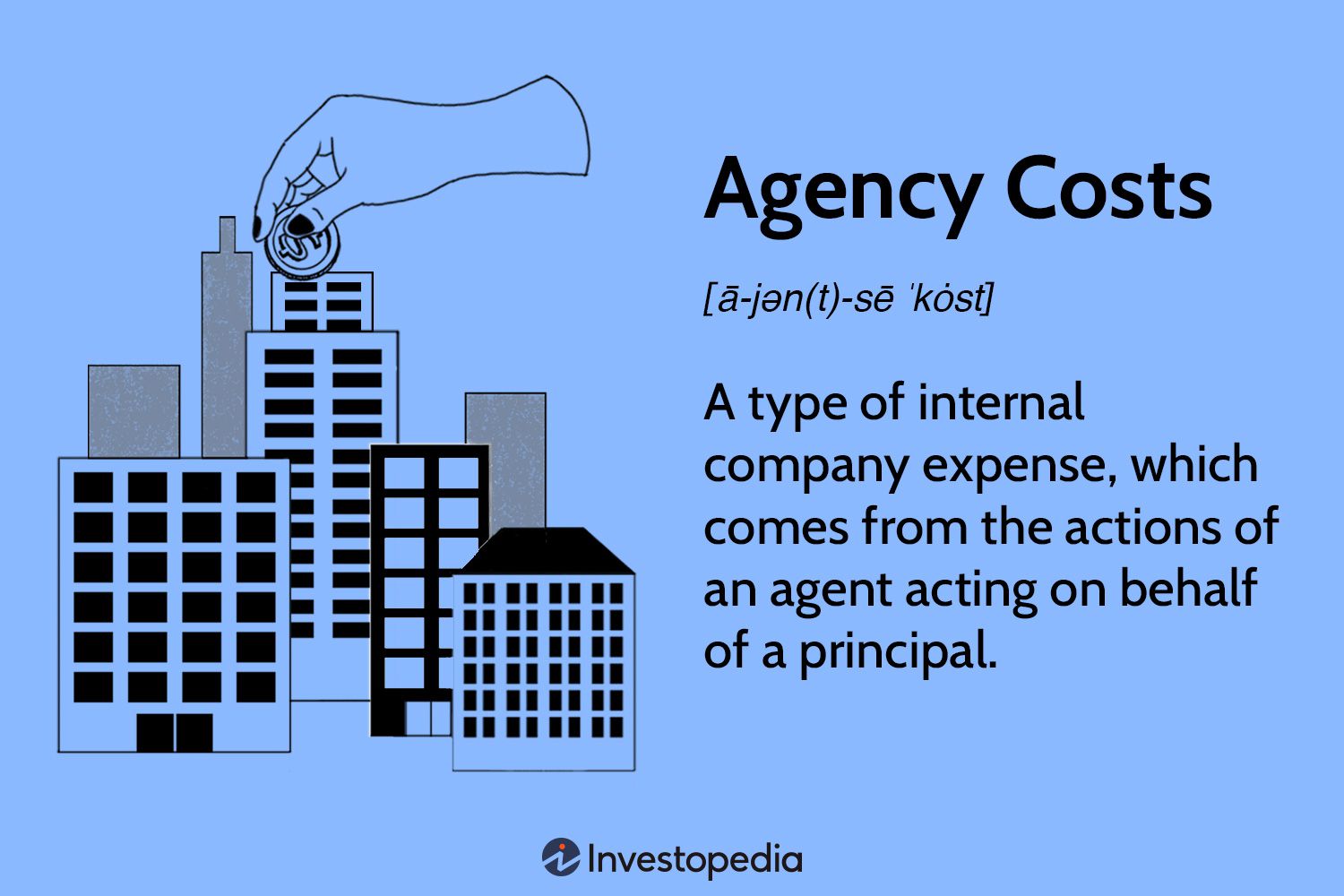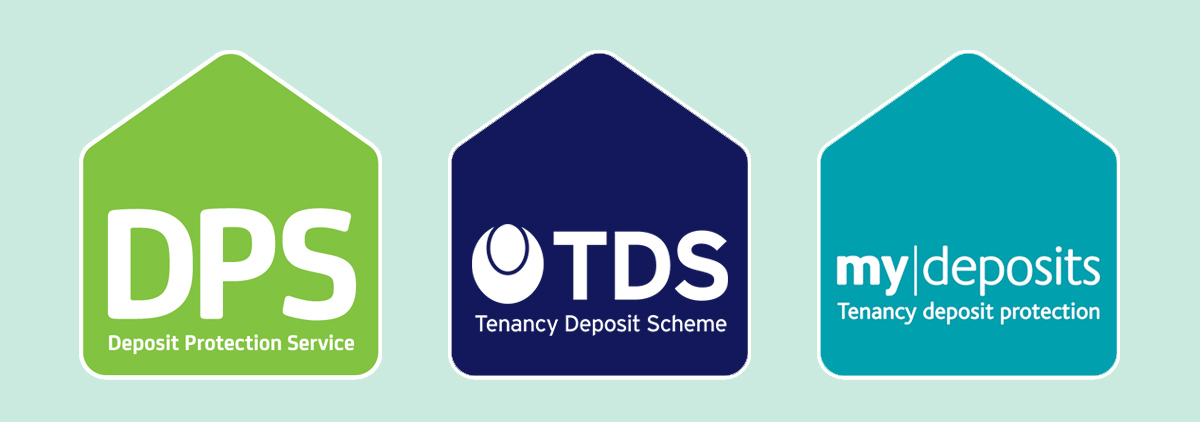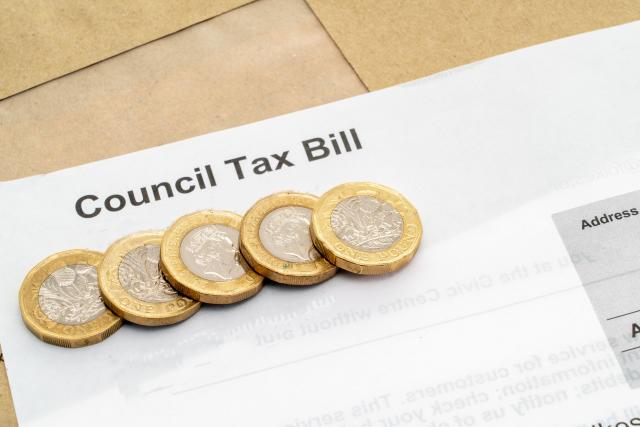When studying in the UK, housing is essential for comfort and peace of mind. Understanding the rental process, agency fee, deposits, contracts, and considerations is critical to smoothly ensuring your study abroad experience. This article will unveil a comprehensive guide to renting an apartment in the UK to help you find the ideal place to live and make memories during your study trip. Let’s explore the secrets of renting an apartment together and start an exciting journey of studying in the UK!
Rental Process

The general process of renting a property in the UK includes the following essential steps:
- Finding a property: Before you start renting a property, you can search for a suitable property in several ways. Common ways include real estate agents, online housing platforms, official school websites, or campus advertising boards. During the search process, you can filter according to your budget, location, and type of housing to find the most suitable accommodation for you.
- House viewing: Once you have found the property of your choice, booking a viewing is an essential step. By seeing the home in person, you can get a better understanding of its actual condition, surroundings, facilities and equipment. During the viewing, carefully check the facilities and possible problems of the house, and consult the landlord or agent in advance to ensure that the home is in perfect condition.
- Signing the contract: After confirming that you are satisfied with the housing, the next step is to sign the lease contract. The lease contract guarantees the rights and interests of both parties, so be sure to read all the contract terms carefully, including the lease term, the rent, the deposit, the rent payment method, and the terms of breach of contract. If you have any questions about the contract terms, consult a professional or seek answers from the landlord or agent.
- Payment of deposit and agent’s fee: A certain percentage of deposit and agent’s fee is usually required when signing a contract. The deposit guarantees that the landlord will return the property to the tenant at the end of the tenancy period without damage or breach of contract. The agency fee covers the costs incurred by the agency for providing property information and rental services. Ensure you obtain the appropriate receipts and confirmation vouchers when paying the deposit and agency fees.
- Move-in: Once everything is ready, move into your new home on the date and time specified in the contract. Before moving in, check that the property is fully furnished and record the actual condition for comparison when you check out.
Agency Fee

While renting a property in the UK, some estate agents will charge an agency fee. The agency fee covers the costs incurred by the agency in providing rental services, including finding you a suitable property, assisting with viewings, and dealing with the rental paperwork.
The agency fee is usually charged as a percentage of the rent, and the exact amount may vary depending on the agency and the flat’s rent. Agency fees include registration fees, service fees, documentation reviews, and other labour-intensive tasks. Agency fees are generally £200-£500; some may be higher.
In April 2017, the UK government introduced a policy to crack down on agents who charge excessive fees. It clearly states that landlords and third parties other than agents cannot charge tenants and that they cannot charge agent fees for renewing or re-letting a property. The new policy for 2019 cancels referencing, check-in and inventory fees, so it is recommended that you look at several quotes from agents and then compare the prices and that you look carefully at the charges after the agent has given you a quote to see if they are excessive or if any of the charges are too high.
Deposit

This is the most important part of the deposit process. Most of you have had problems with your landlord not refunding your deposit. As I mentioned above, a third party holds tenants’ insurance, and that’s what this is all about. Under the law in England and Wales (excluding Scotland and Northern Ireland), all tenancy deposits have been subject to a Protection Scheme since 2007.
There are currently three organisations (in England and Wales): The Deposit Protection Service (DPS), My Deposits, and Tenancy Deposit Scheme (TDS). There are also three organisations in Scotland: Letting Protection Service Scotland, Safe Deposits Scotland, and Mydeposits Scotland. You can check the official information from the UK government for details.
Within 30 days of receiving your deposit, your landlord must place it with the Protection Scheme and provide you with the appropriate Series Number and a certificate of deposit to prove that a third party is holding your deposit (remember it must be in your name). At the end of the contract, you and the agent or landlord must fill in the information on the organisation’s website where the deposit is held. For example, the landlord can request that cleaning costs be deducted from the deposit. Once both parties have agreed, your deposit will be refunded to you via the third party rather than the landlord giving it to you in cash.
Suppose you’re not happy with the deductions. In that case, you and the landlord can submit evidence, and the depository will pass this on to the third party for review. Ensuring your deposit doesn’t go into the landlord’s pocket is essential. The property is necessary, but the landlord’s character is even more critical.
Council Tax

If you are renting a room, and in most cases, the rent includes the bill, then you don’t need to pay Council Tax, as the landlord will probably pay it. The other way you don’t need to pay Council Tax is to prove to your Local Council that you are a full-time student. You need to send a letter from the Student Service to the Local Council; otherwise, they won’t automatically exempt you from Council Tax.
If you live alone or share a flat with a friend, you must pay Council Tax. The law in the UK says that whoever’s name appears on the tenancy agreement is obliged to pay Council Tax, so you may ask, if you share a flat with a student, won’t you be exempt if you send a letter? This is a particular case. If one of you is not a student, that person must pay Council Tax. If two or more of you are not students, the house must pay Council Tax.
Contract

The tenancy agreement is a crucial document, i.e. Prentiss, setting out the rights and obligations between the tenant and the landlord. Before signing the contract, it is essential to read all its terms carefully and ensure you fully understand what is in it. The main terms of the agreement usually include the following:
- Tenancy period: the contract will specify the start and end dates of the tenancy, as well as the exact length of the tenancy. Ensure the lease period is consistent with your needs to avoid timing conflicts.
- Rent: The contract will specify the monthly or weekly rent amount and when and how the rent will be paid. Ensure you understand what you pay to avoid disputes over rent arrears.
- Deposit: The contract will specify the deposit amount to be paid and the conditions for its return. Be sure to check the deposit amount and the refund policy to protect your rights.
- Responsibilities and obligations: The contract will specify the duties and obligations of the tenant and the landlord. This includes responsibilities for home maintenance, equipment repair, sanitation and cleaning. Make sure you understand what you are responsible for during the tenancy period.
- Default clauses: The contract usually stipulates the default responsibilities and liquidated damages for both parties. Ensure you understand the contract’s default clauses to avoid unnecessary breaches.
- Renewal and check-out: The contract usually sets out the relevant renewal and check-out procedures if you want to renew your lease or move out of the property. Be sure to communicate with your landlord in advance and follow the process set out in the contract.
Before signing the contract, if you have any questions or uncertainties, it is advisable to consult a professional or seek answers from the landlord or agency.
If you’re thinking about studying in the UK, it’s crucial to find the right student accommodation. That’s where uhomes come in. It’s a reliable platform that helps students like you find the perfect place to live: Edinburgh, Liverpool, Southampton, Bristol, and many other cities. So far, they’ve helped more than 55,000 students successfully find their dream homes.

FAQ
Deposits are usually charged with the first instalment of rent. The law states that a tenant can be charged a deposit for up to five weeks’ rent. A maximum of six weeks’ deposit can be charged for a property with an annual rent of £50,000 or more (weekly rent above £962). Legally, agents or landlords are required to deposit the deposit into a government-appointed tenancy deposit protection scheme.
Rights
- Right to a Safe and Habitable Property
- Right to Quiet Enjoyment
- Right to Receive Notice Before Entry
- Right to Protection Against Unfair Eviction
- Right to Challenge Unreasonable Rent Increases
Responsibilities
- Payment of Rent
- Maintenance of the Property
- Respect for the Property
- Compliance with the Tenancy Agreement
- Communication with the Landlord
- Location
- Budget
- Size and Layout
- Condition and Quality
- Amenities and Facilities
- Lease Terms
- Tenant Rights
- Landlord Reputation
- Future Plans






